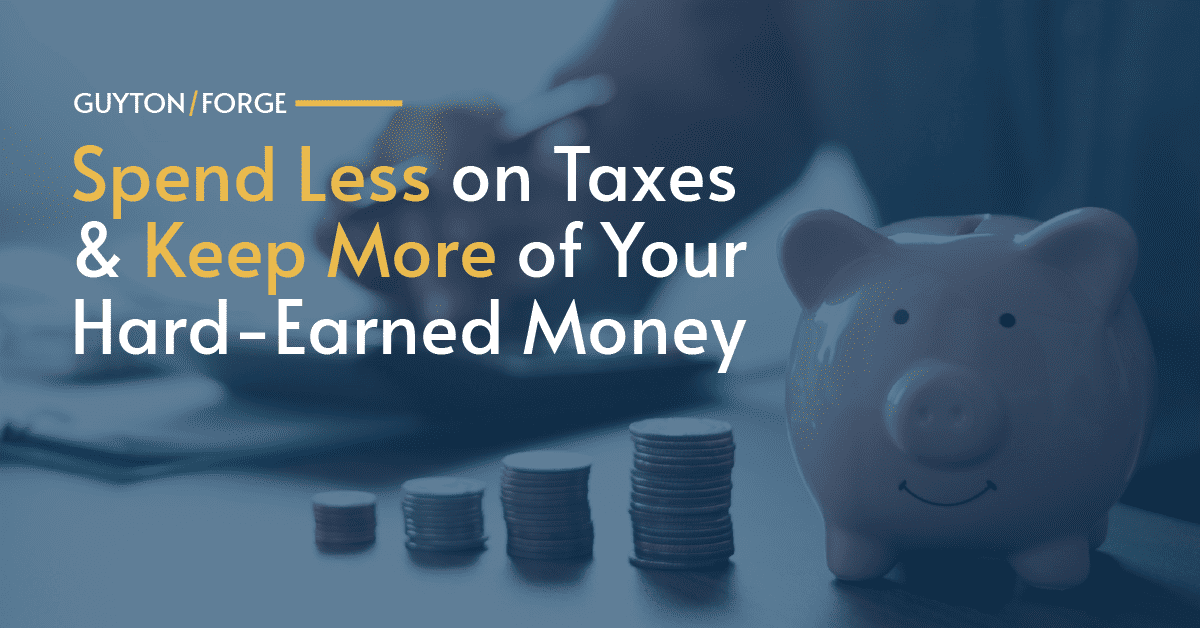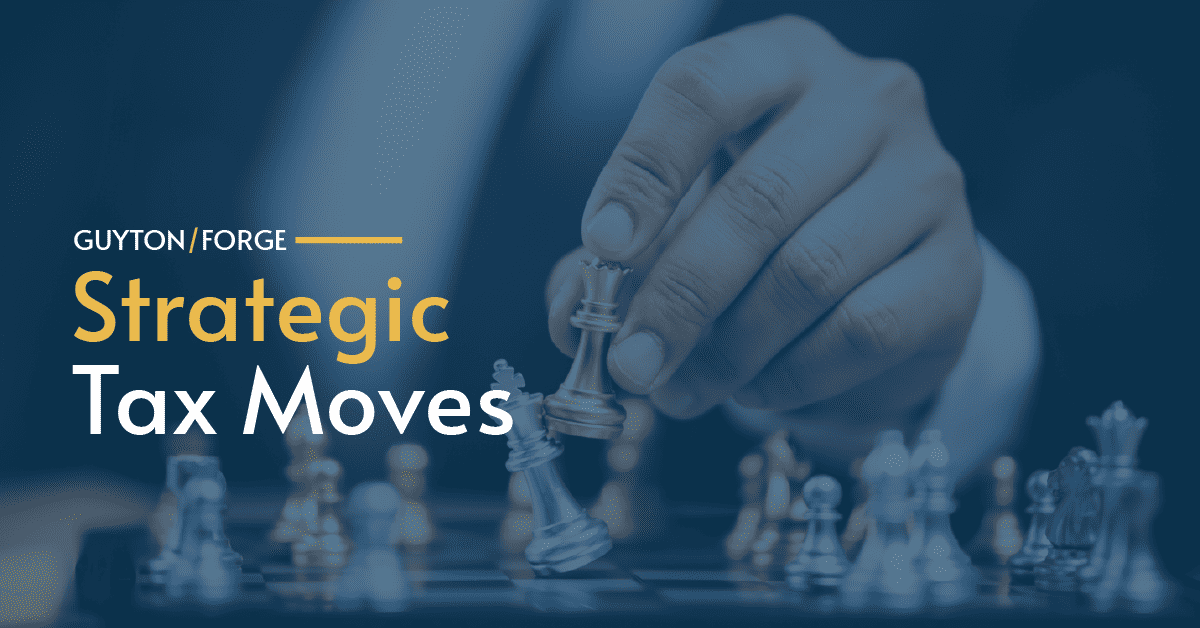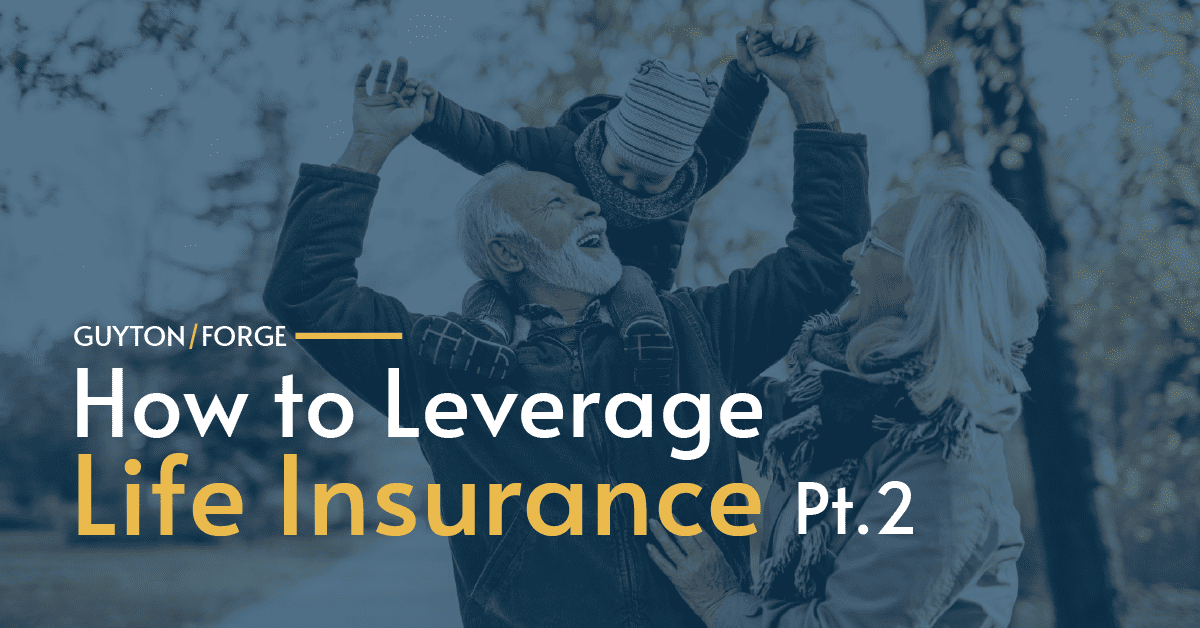Life insurance is possibly the most powerful asset that you’ll ever know. That’s a bold statement, and people are often surprised to hear us say that.
In a recent blog, we explained that the death benefit replaces your economic value. We described the basic formula that helps people determine the right amount for their policy, based on their age and income, and talked about how to calculate multiples of income to determine how much your life insurance policy should cover.
Now, we’re going to discuss the death benefit. There’s a common misconception that people don’t want or need that benefit at some point in their lifetime. If you pay premiums on a traditional whole life insurance policy, there’s a cash value. Plus, you can have other riders on your policy to protect your ability to pay your premiums and provide for long term care.
However, many people don’t realize that the cash value can be useful to you while you’re still alive. For instance, it can be used to replace potential income during your earnings curve. Then, by the time you’re in retirement, you should have enough assets to live on.
In reality, you need the death benefit because it allows you to spend your money. If you have $1M at age 65 and want to leave that to your children, you can use the death benefit to do that job, which allows you to spend that $1M.
Understand that the policy accumulates cash, and the cash value is an asset that isn’t correlated to any market. In other words, if there are fluctuations or any volatility in the market, it doesn’t matter. The cash value only goes one way – up. And the cash value of your policy will never be negative unless you take the money out. People really do need and want this policy.
Put your dollars to a better use.
Premiums that you pay help grow cash value. If that gives a positive rate of return, even if ’s $1, the rates are going up, right? So, if you have a $100,000 policy and make $1 on it, you’re making money, even if it’s only a little. Suppose you have that death benefit. You can use it to create an estate for your family, pay your taxes, or give money to a charity. Some of those things create tax benefits because the death benefits are income tax, and the cash value accumulation is also income tax advantaged.
Let’s say you buy the policy when you’re young for the death benefit, and keep it when you’re older. And it didn’t cost you anything. If you spend that principle when you’re 65, and your death benefit had a positive rate of return over your lifetime, you can take that cash benefit out of your policy while you’re still alive, and it will be tax advantaged.
We tell people – OK, you’re 50 years old. When you’re 80, you can take money out if you need it to supplement your income. The cash value will eventually have a positive rate of return and be assessable. You can use it, borrow it, pay for stuff with it.
For example, when Joe found the house he wanted to buy, he hadn’t sold his existing house yet. He used the cash value from his life insurance policy to pay for the new house so he could close quickly. Then, when he sold his other house, he put that money back into the policy to repay the loan.
Enjoy business benefits, as well!
There are also very valuable business benefits associated with this type of policy. If you own a business, you can access money from your life insurance policy and use it to buy out a business partner, fund a pension plan, and more. The uses and benefits are very attractive in a business setting because the versatility is greater. You could also distribute the policy when you leave the business, and take the cash with you. That means you’ll get the cash for your personal benefit. It’s a very versatile tool.
Most people don’t realize they can use their life insurance policies in the ways we’ve described. They just don’t think to do this. That’s why they need us!
A financial advisor can help you understand how to get the right amount for your policy, how to put it in place properly, how to take advantage of it, and how to deploy it in your plan. Keep in mind that this is one piece of the overall comprehensive plan. We strongly recommend that people work with a trusted financial advisor to develop a plan as a critical step to building a strong, healthy financial future.
If you want to talk about setting up a life insurance policy – and/or discuss any aspects of your financial future – contact us and we’ll be happy to help.
The primary feature of whole life insurance is the death benefit. All whole life insurance policy guarantees are subject to the timely payment of all required premiums and the claims paying ability of the issuing insurance company. Policy loans and withdrawals affect the guarantees by reducing the policy’s death benefit and cash values. Some whole life polices do not have cash values in the first two years of the policy and don’t pay a dividend until the policy’s third year. Talk to your financial representative and refer to your individual whole life policy illustration for more information. Dividends are not guaranteed. They are declared annually by Guardian’s Board of Directors.






